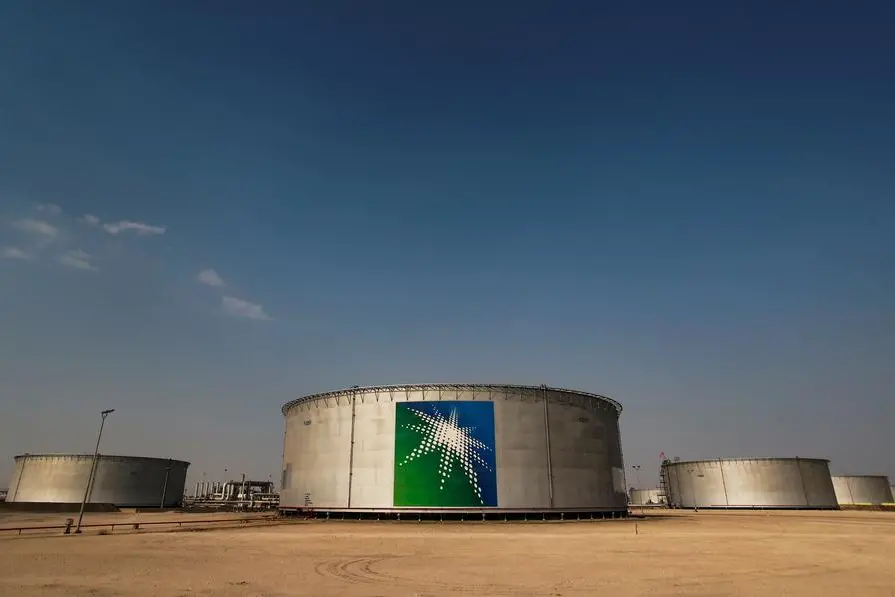PHOTO
Tests by Saudi Arabian oil giant Aramco and auto manufacturer Stellantis, behind car brands including Fiat, Citroën, Jeep and Maserati, have shown that engines are compatible with eFuel.
The ‘low carbon’ fuel, which is made from hydrogen and CO2, can be used in 24 engine families in European vehicles sold since 2014, representing 28 million vehicles currently on the road, causing a potential CO2 emission reduction of 400 million tonnes between 2025 and 2050, a statement from the two companies said.
Tests in European technical centres have shown the engines are able to use advanced drop-in eFuel without any powertrain modification, a statement said.
The Saudi state oil company said it is exploring development of low-carbon eFuels as a drop-in solution to potentially reduce carbon dioxide emissions from existing vehicles.
Low-carbon eFuel is a drop-in synthetic fuel made by reacting CO2, captured either directly from the atmosphere or from an industrial facility, with renewable hydrogen, the statement said.
The use of low-carbon eFuel has the potential to reduce carbon dioxide emissions from existing internal combustion vehicles by at least 70% on a lifecycle basis, compared to conventional fuels, the two companies added.
Ned Curic, New York-listed Stellantis, chief engineering and technology officer, said the company is exploring all solutions to reinforce a strategy of becoming a carbon net zero company by 2038.
“Drop-in eFuels can have a massive and almost immediate impact on reducing the CO2 emissions of the existing vehicle fleet, offering our customers an easy and economically efficient option to reduce their carbon footprint — one as simple as choosing a different fuel pump at the station, with no additional modification to their vehicles.”
Aramco is currently working on two demonstration plants to explore production of low-carbon synthetic fuels, the company said, in collaboration with Neom Energy and Water Company (ENOWA) and Repsol in Bilbao, Spain.
The company is also working with motorsport teams and competitions to test and demonstrate the potential of low-carbon fuel as a drop-in solution to reduce carbon emissions from internal combustion engine vehicles, the statement said.
(Writing by Imogen Lillywhite; editing by Daniel Luiz)





















